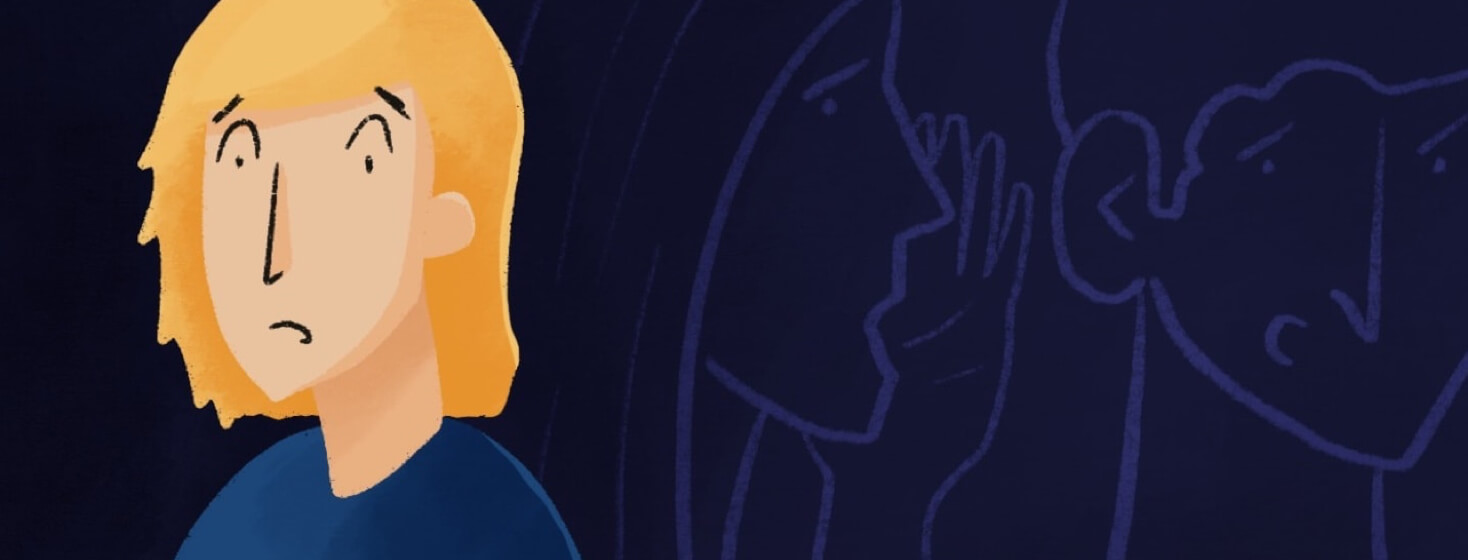Do You Keep Your Insomnia a Secret?
Many people struggle to tell others they have insomnia. They are afraid to share their situation or their diagnosis, and as a result, it becomes "their secret."
I think there are 2 overarching reasons why this is a pattern.
Reason 1: Meaning well isn't always enough
The first reason may be related to the fact that people without insomnia can't understand what it is like to have insomnia. That isn't their fault, per see. We wouldn't wish insomnia on anyone, would we? But they may also not be as understanding as they could be.
When empathy isn't comforting
People around us may be trying to empathize, but, "Sure, I sleep badly sometimes too" is not a comforting response to someone who has chronic insomnia. That's because it reveals that lack of understanding. It is something very different from "sometimes sleep badly."
Comparisons and feeling inadequate
It can be off-putting to experience this lack of understanding and make the person with insomnia question themselves and feel inadequate. I commonly hear things along the lines of, "Why do *I* have such a hard time compared to others?" Repeatedly experiencing this can leave people deciding that it's better to stop talking about it and stop hoping for support and understanding.
Deciding to stop seeking support
I certainly didn't really talk about my insomnia. I was very off-put by these kinds of comments from others, so I stopped seeking support. This was long before the internet, with its supportive places online like Insomnia.Sleep-Disorders.net.
Reason 2: Survival instincts
The second reason I think people tend to keep their insomnia secret taps into something more fundamental in human nature. I see it as a desire not to be "singled out," which has survival-based instincts beneath it.
Fear of being singled out
Workplaces are tied to our feelings of autonomy, capability, and financial independence. They are the cornerstone of our ability to provide for ourselves and our families. Some people fear singling themselves out by identifying as having a hidden disability such as insomnia, particularly in the workplace. That is an instinctive and adaptive evolutionary response.
Perceived vulnerabilities
The person with insomnia may not want to appear "broken" by revealing something that others might see as a vulnerability. On an instinctive level, predators find it easier to prey on animals who struggle compared to their peers. And so a natural response would be to avoid making oneself be seen as vulnerable.
Unintended consequences
And on the other hand, social animals like humans like to support and protect one another. We live and work in communities because that is how we thrive. A well-meaning colleague or employer may want to "protect" someone with insomnia in the workplace, perhaps resulting in them being offered fewer opportunities for advancement or promotion as a result.
Have you ever kept your insomnia a secret? From who? Why? And did you ever tell someone in the workplace? Were your colleagues supportive? Please share your stories.

Join the conversation